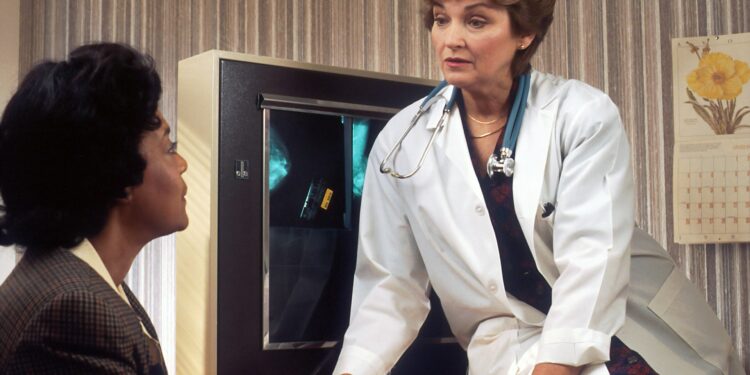Many women are unaware.
A recent study has highlighted a major lack of awareness regarding a key symptom of endometrial cancer, which is the most prevalent cancer affecting the female reproductive system. The research discovered that 37% of women do not recognize postmenopausal bleeding as a possible sign of endometrial cancer. Furthermore, 41% of women stated they would not report a single instance of postmenopausal bleeding to their healthcare provider, potentially due to inadequate information from medical professionals.
Conducted by Dr. Meredith Wise from the University of Minnesota Medical School, this study emphasizes the urgent need for enhanced education for both the public and healthcare providers about endometrial cancer risks and symptoms. The findings revealed that less than half of the women surveyed had been advised by their healthcare providers about the importance of reporting postmenopausal bleeding.
Endometrial cancer develops from abnormal growth in the lining of the uterus. According to the American Cancer Society, around 67,880 new cases of uterine cancer are expected this year, with 13,250 women projected to succumb to the disease. The incidence rate has been rising by more than 2% annually, partly due to increasing obesity rates, and mortality rates have also been on the rise.
Although there is no screening test available for endometrial cancer, early detection is often possible through symptoms such as unusual bleeding. The survival rate for endometrial cancer caught at an early stage is about 95%, in contrast to less than 19% for more advanced stages. The study surveyed 648 women at the Minnesota State Fair, including 145 who were postmenopausal.
Dr. Stephanie Faubion from The Menopause Society stressed the importance of better education and counseling to recognize abnormal bleeding as a potential early indicator of endometrial cancer. With rising incidence and mortality rates, especially among women of color, improving awareness and education is crucial.

































Discussion about this post